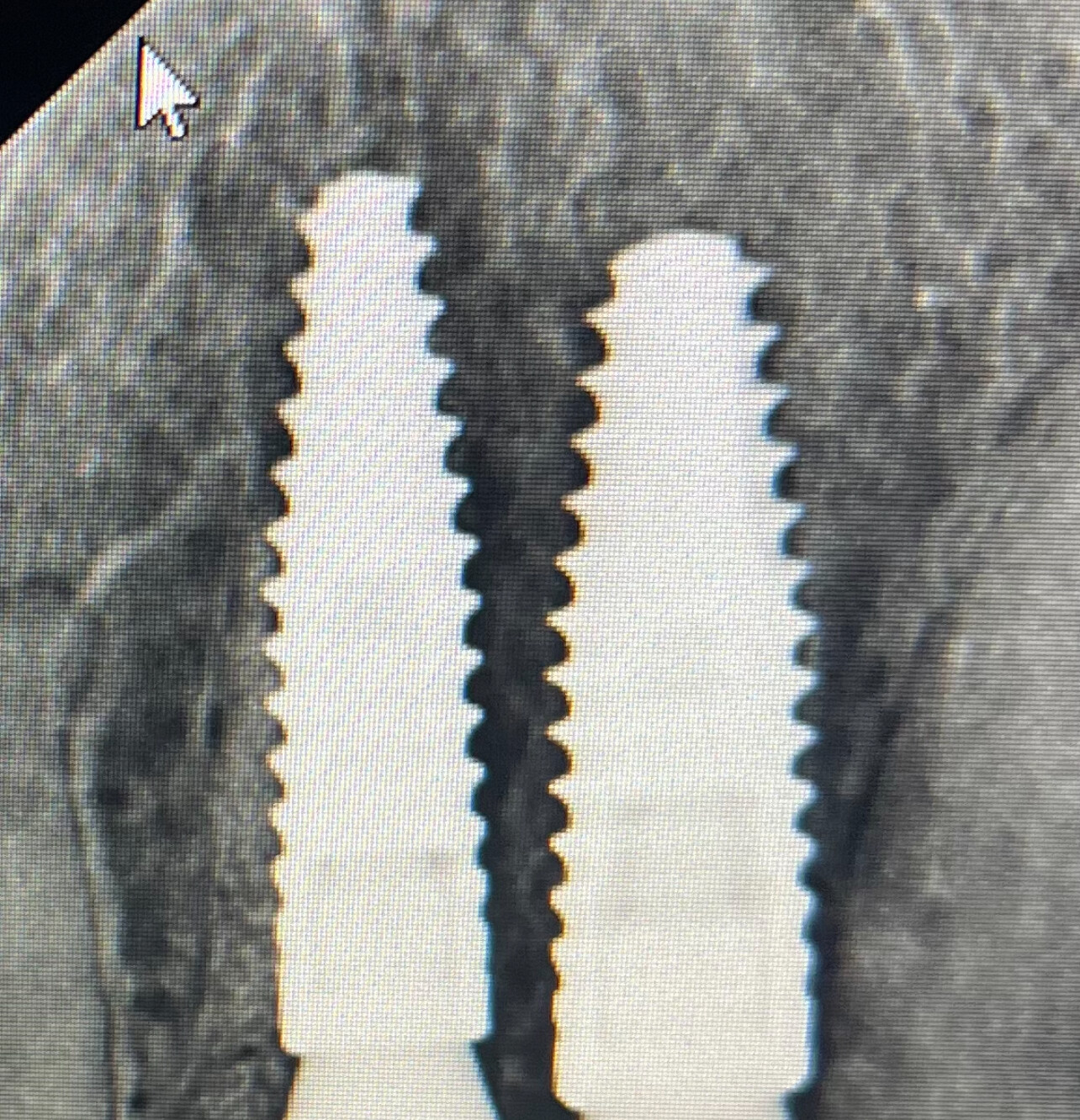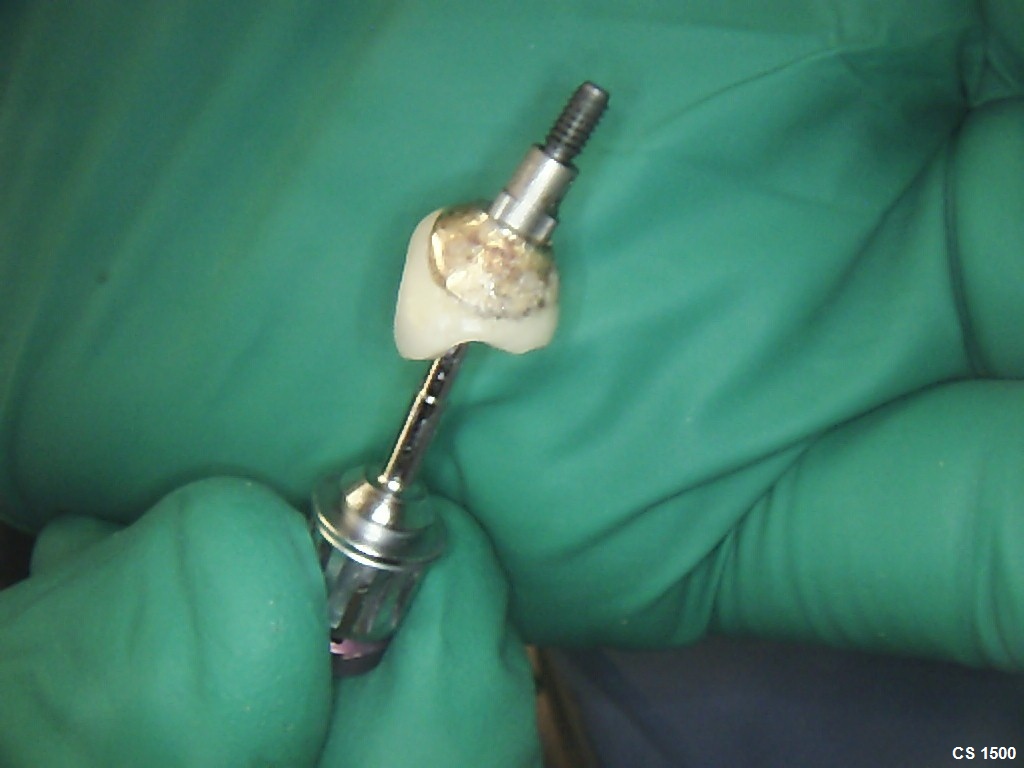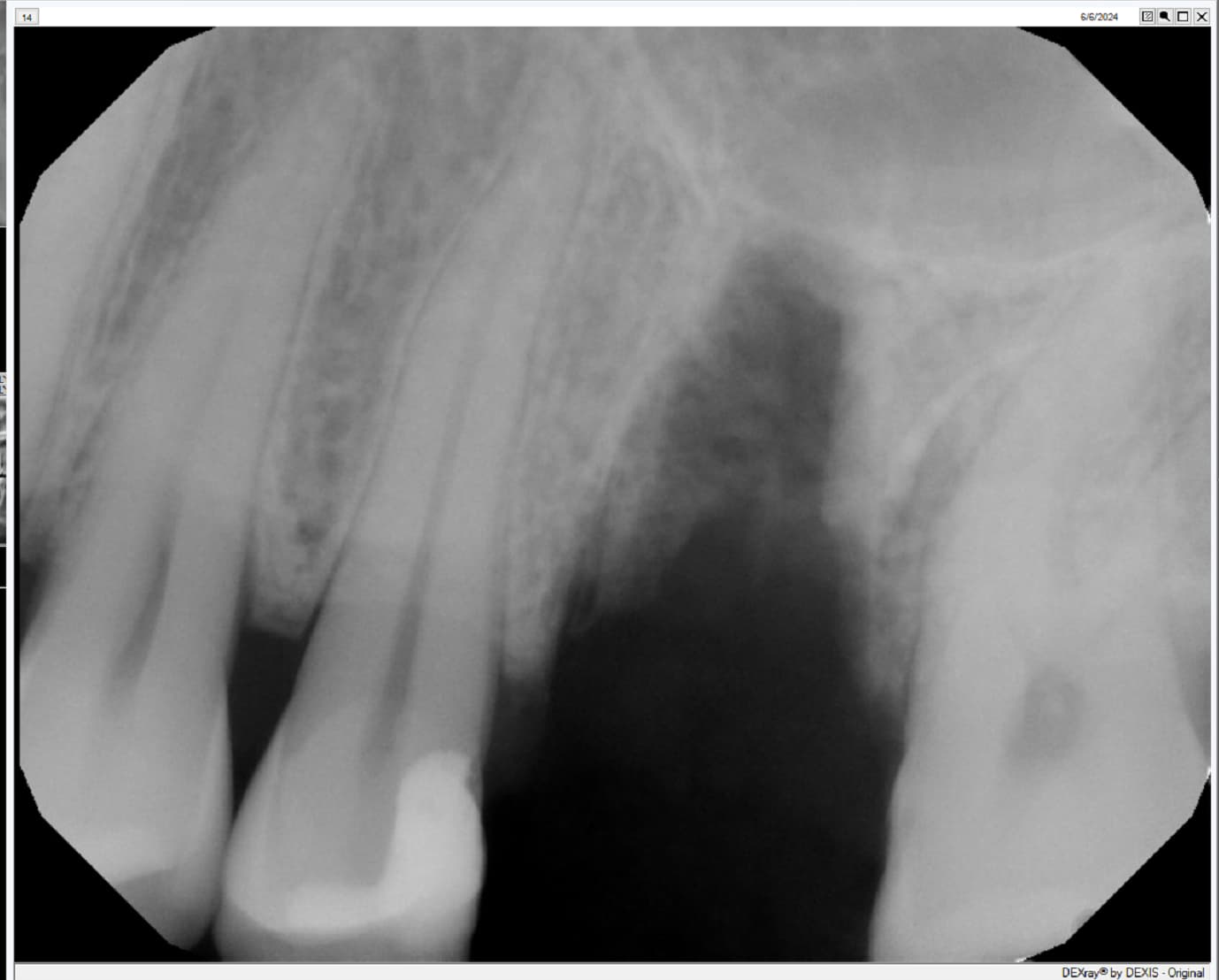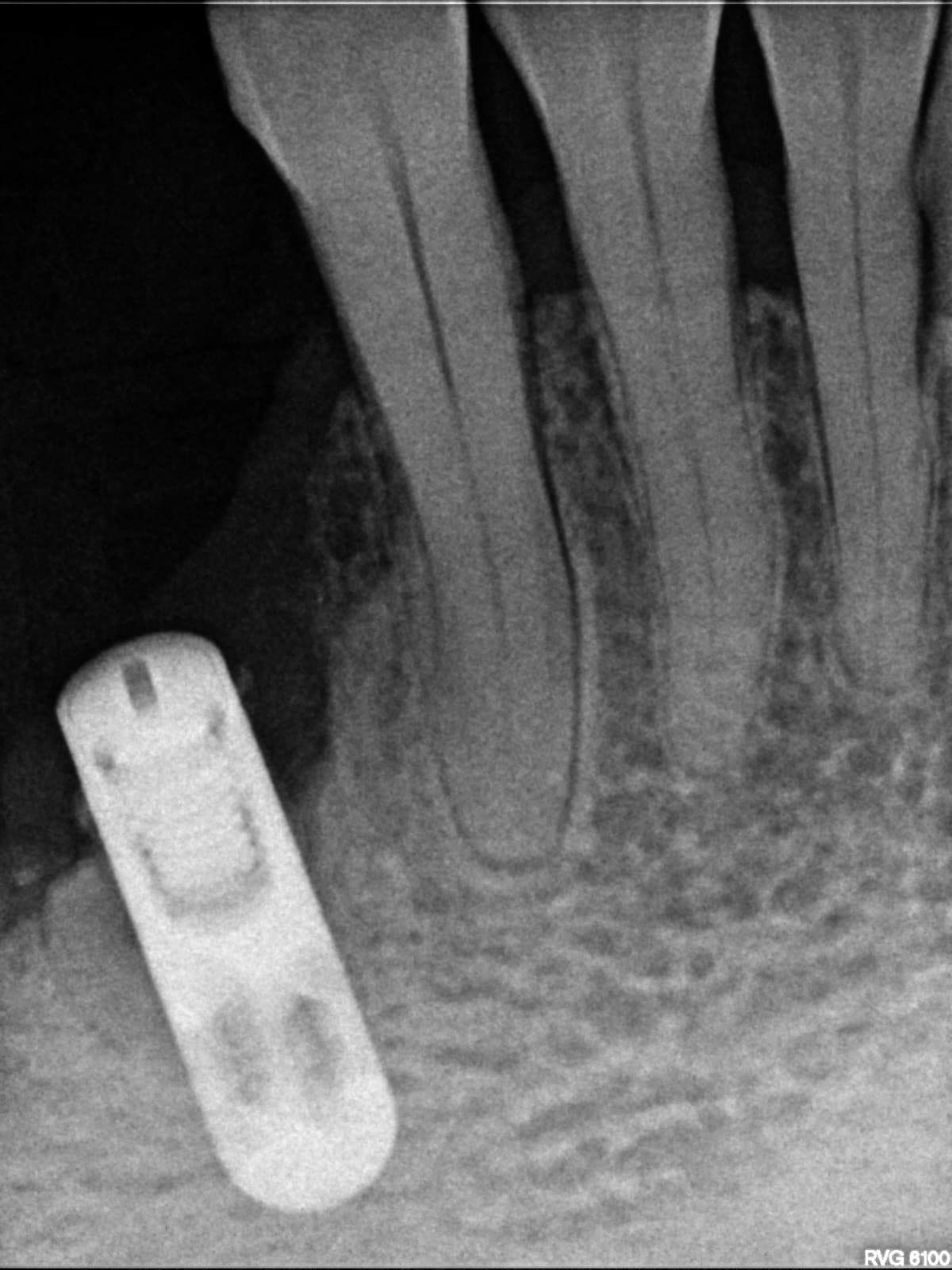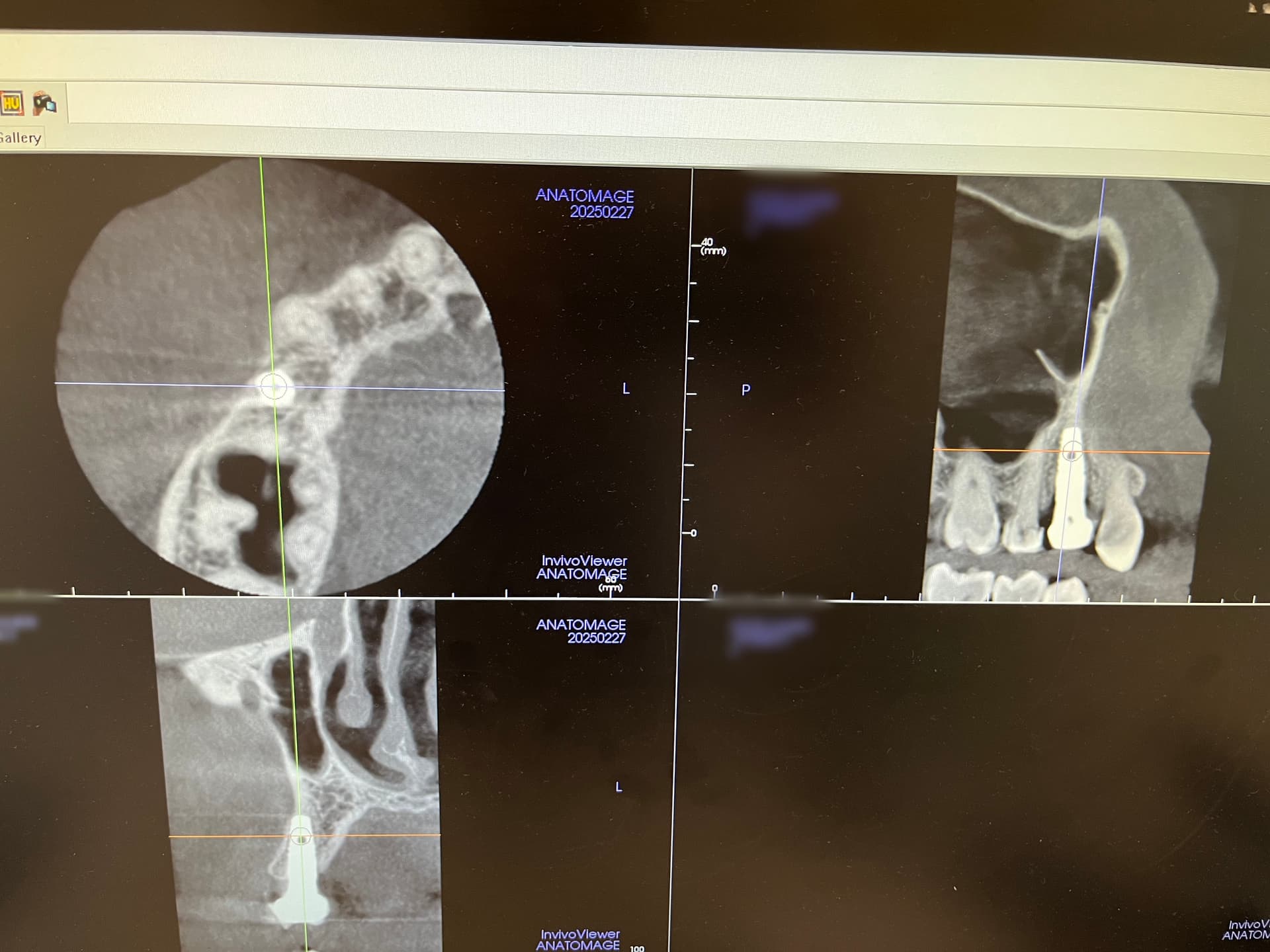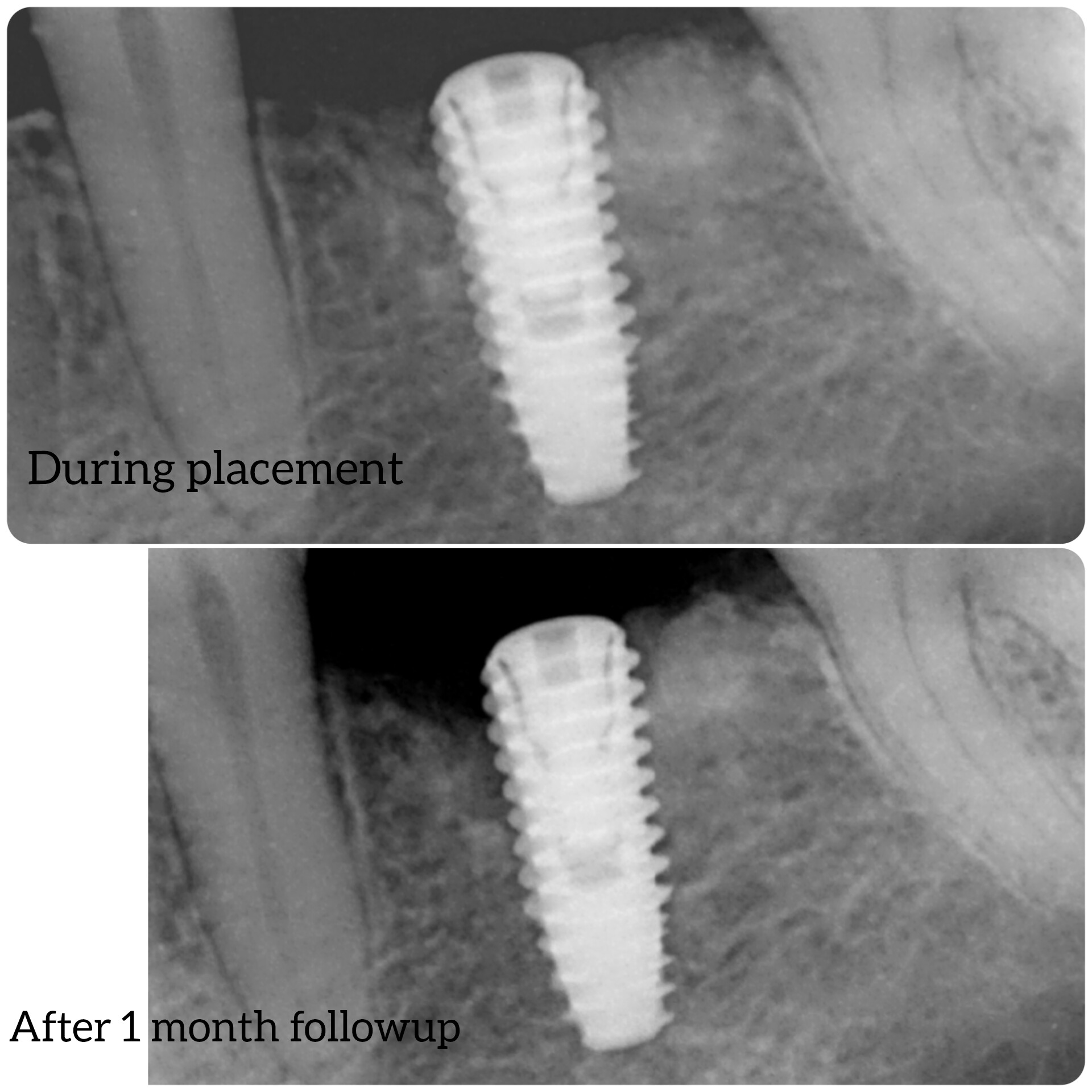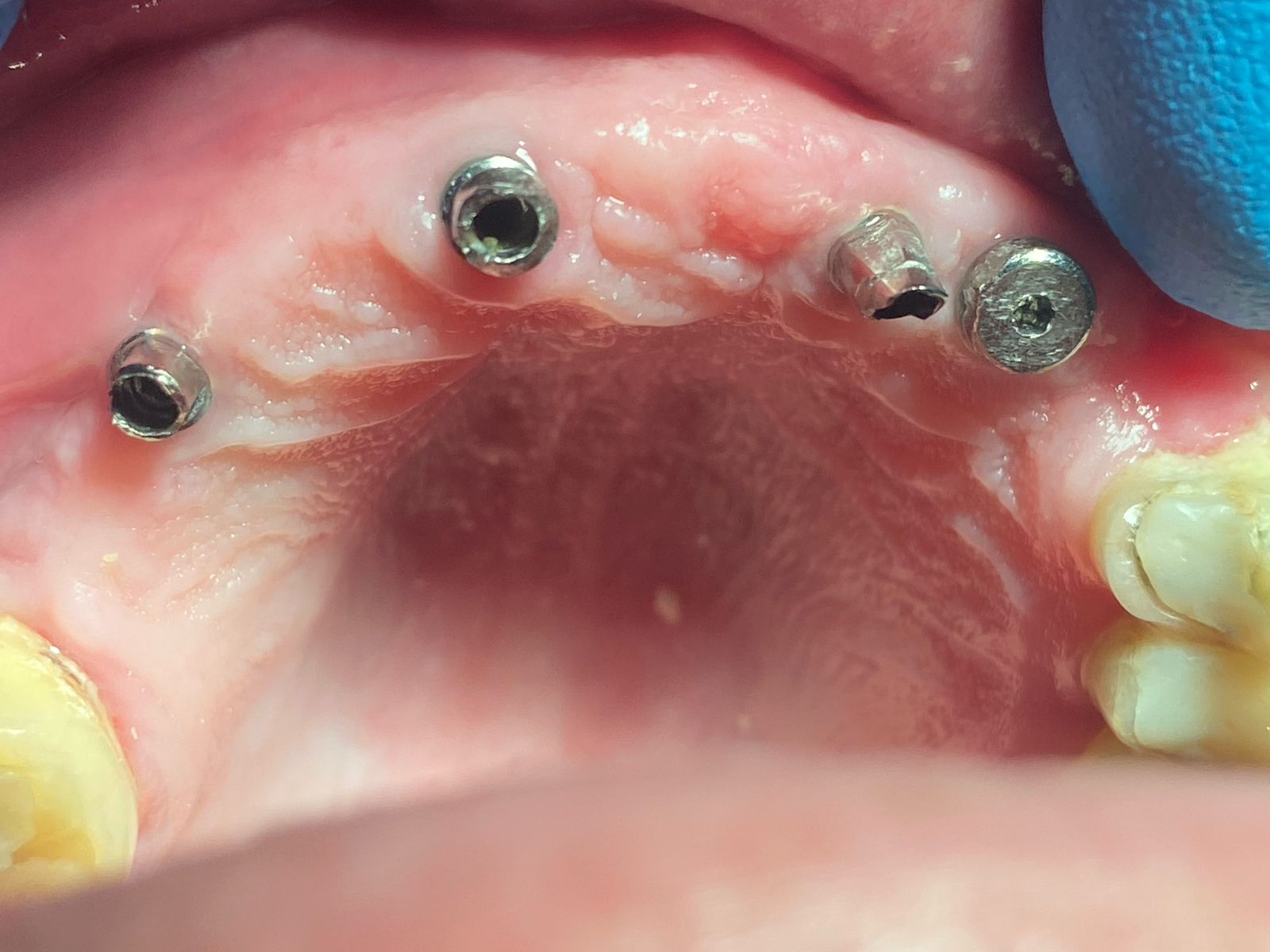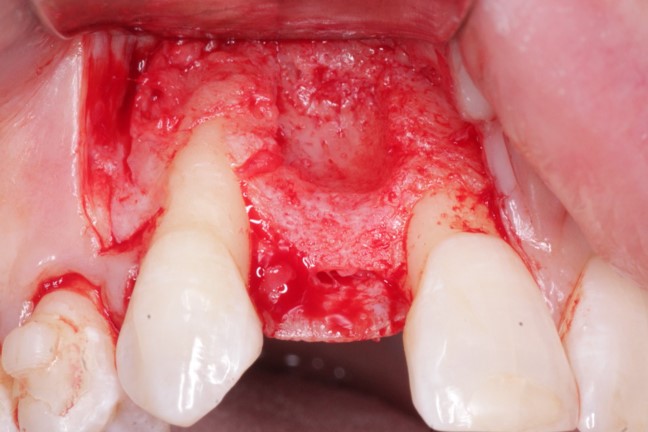Osteonecrosis Risk from Bisphosphonates?
David, a dentist, comments:
I am wondering if anyone has any comments on a recent study out of U of P Dental School that concluded that, “On the basis of 2 controlled clinical studies, oral bisphosphonate usage was not associated with occurrence of osteonecrosis of the jaws (ONJ).†Do you think future studies will support this non-association or is the link between bisphosphonates and ONJ still a major concern despite this recent data?
This result was published in the May-June 2006 issue of Int J Oral
Maxillofac Implants. In one study, a total of 335 patients (162 men and
173 women, aged 30 to 79 years) with moderate or severe periodontal
disease were randomized to either placebo or 70 mg alendronate once
weekly. Alveolar bone height and safety were assessed over a 2-year
period. A second study was a longitudinal single-blind controlled
design comparing implant success in 50 consecutive patients (210
implants), 25 patients who received bisphosphonate therapy and 25
age-matched control subjects. Implant success and safety, including
incidence of osteonecrosis of the jaws (ONJ), was blindly assessed for
at least 3 years.
Interestingly, in another study published in the August 2006 issue of
Int J Periodontics Restorative Dent, Braun E, Iacono VJ, argued that:
“Although it is believed that the risk of developing ONJ is low when
treating patients nonsurgically, practitioners must be able to
recognize and understand the presentation and difficulties in managing
osteochemonecrosis, even when only nonsurgical therapy is performed..â€
So is non-surgical treatment vs. surgical procedure the proper
framework for deciding on osteonecrosis risk from bisphosphonates?
I’d be interested in others experiences with dental implant patients on
bisphosphonates. Thanks for any comments or thoughts you may have on
this continuing debate.










